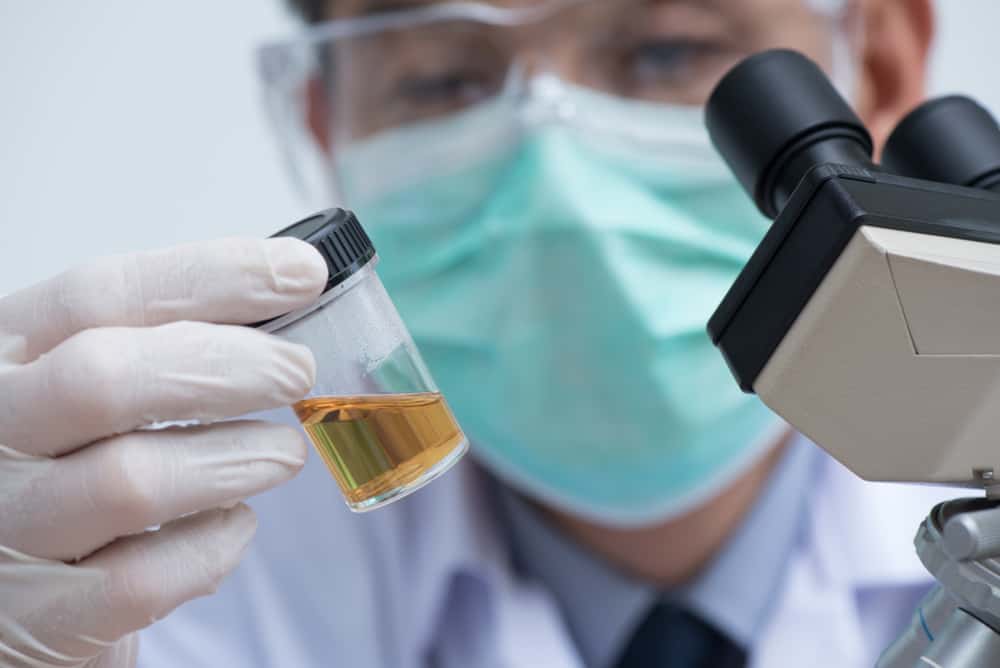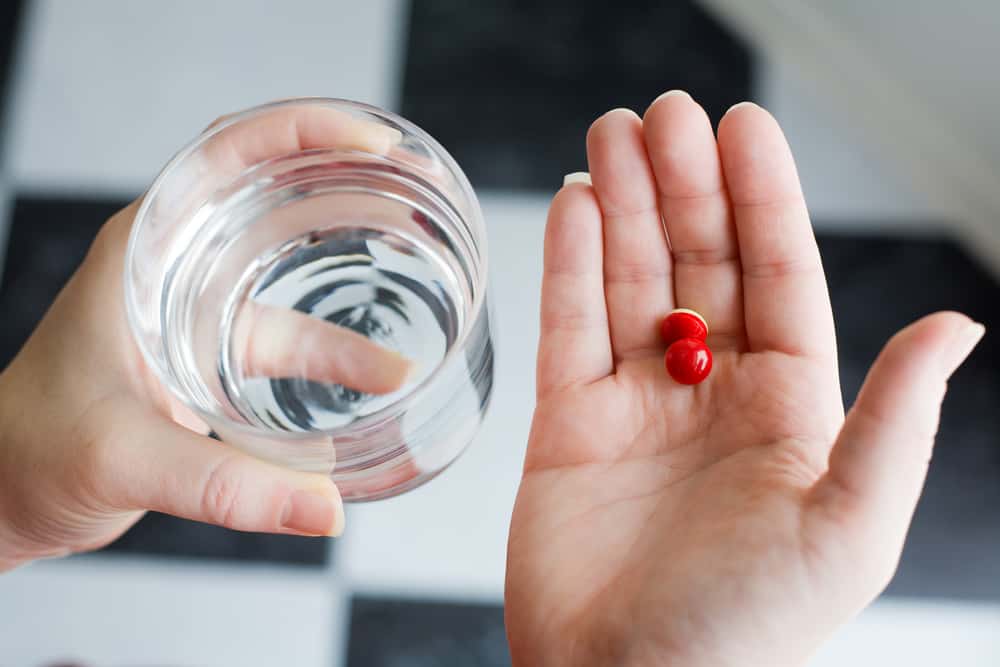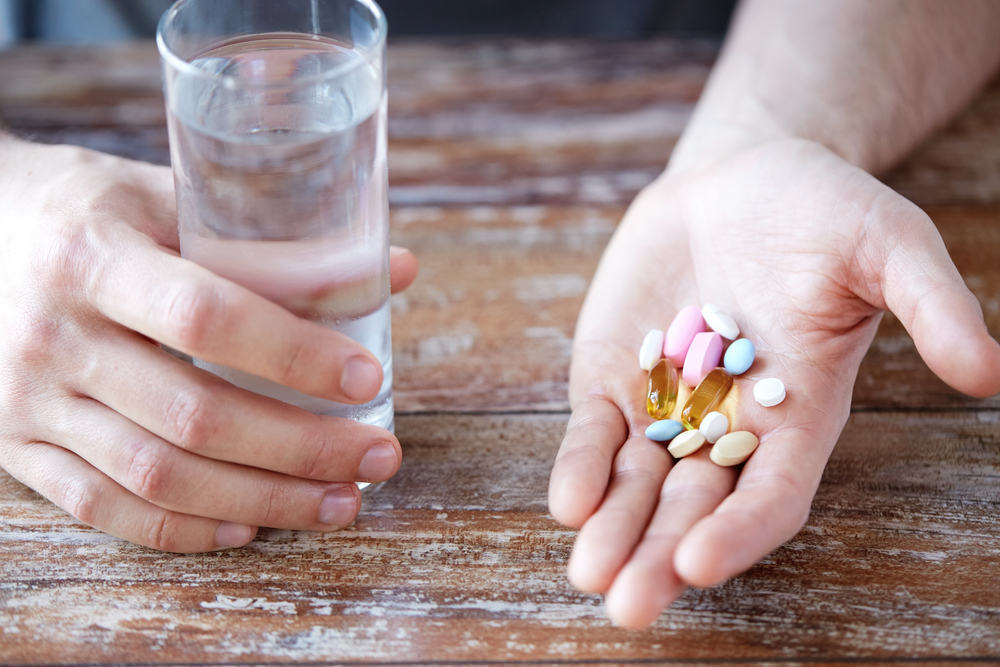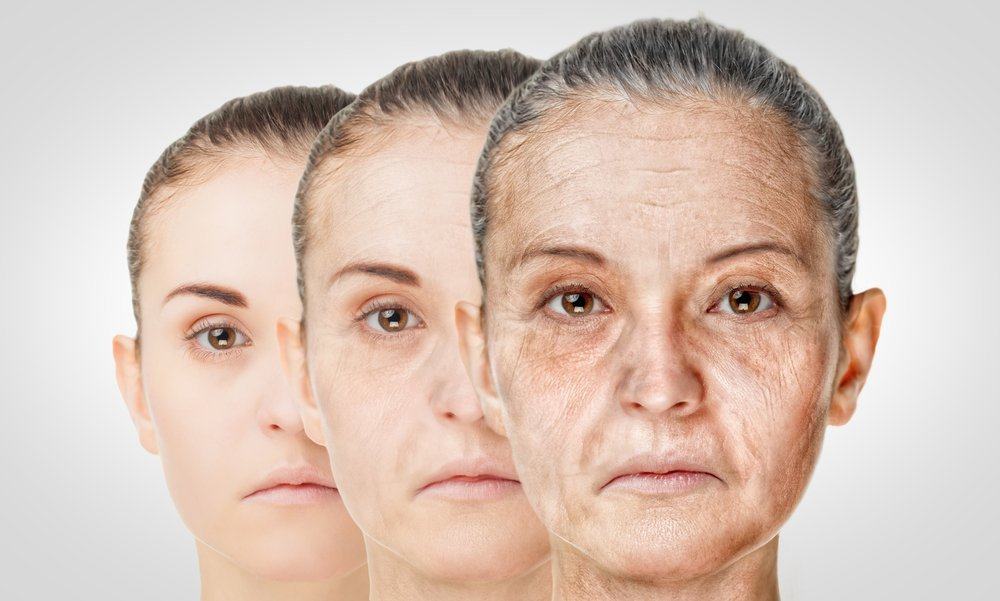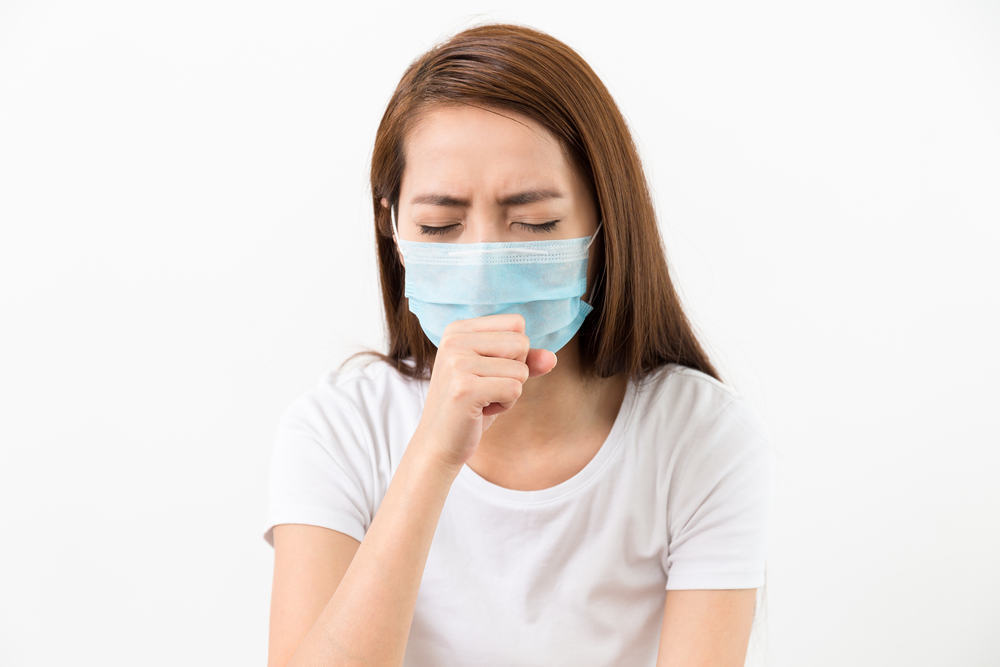Contents:
Medical Video: What to Expect During Chemotherapy
All You Need to Know About Chemotherapy
Chemotherapy is a treatment that uses strong chemicals to kill cells that grow fast in the body. Chemotherapy is most often used for cancer treatment, because cancer cells develop faster than normal cells in the body.
Chemotherapy drugs can be used alone or combined to treat cancer. Chemotherapy is an effective way to treat many types of cancer but has the risk of side effects. Some side effects are mild and can be cured, but some can cause serious complications.
How does chemotherapy work?
Chemotherapy kills cells that divide abnormally. As adults, usually the body's cells no longer divide and develop too much. Cells only divide to repair damage. When the cell divides, 2 new cells are formed. So, from 1 cell to 2, then develop into 4, 8 and so on. Cancer cells continue to divide until a collection of cells becomes a lump or tumor.
In the middle of each cell there is a nucleus containing chromosomes made of genes. These genes must be copied exactly to make new cells. Some chemotherapy drugs kill cells that develop by damaging parts of the cell that control division. Some other chemotherapy treatments interrupt chemical processes in cell division.
Chemotherapy destroys genes in the cell nucleus. Some drugs damage cells during division. Some damage cells when making copies of genes before division.
When is chemotherapy used?
Depending on the type of cancer you have, you can be given one drug (monotherapy) or a combination of drugs (combination therapy). Many types of chemotherapy, but basically the way it works is the same. Chemotherapy treatment can be given in the form of tablets and injections in blood vessels.
The team that takes care of you will provide a treatment plan according to your condition. Ways that can be used for chemotherapy are:
- Injections in the bloodstream
- Intravenous infusion of the bloodstream
- Tablet
- Capsule
What are the side effects of chemotherapy?
Different drugs cause different side effects. Note that you may not experience the following side effects. In some people, the effect is mild. Sometimes the side effects of chemotherapy can be unpleasant, but you must remember that:
- Most side effects only occur in the short term
- Side effects will disappear once the treatment is complete
- You can use drugs to reduce side effects
Side effects from chemotherapy treatments generally include:
- Nausea
- Gag
- Diarrhea
- Hair loss
- Loss of appetite
- Fatigue
- Fever
- Pain in the mouth
- Pain
- Constipation
- Easy bruising
Most of these side effects can be prevented or overcome, and subside after treatment is complete. However, there are some side effects that last a long time or appear after a few months or years after treatment. Long-term side effects depend on the drug used, but can include:
- Lung tissue damage
- Heart problem
- Infertility
- Kidney problems
- Nerve damage
- Other cancer risks
Ask your doctor if you have the risk of possible side effects. Ask for signs and symptoms that you need to be aware of. If you experience annoying side effects, tell your doctor or nurse.
What needs to be considered?
There are several contraindications to chemotherapy; the following conditions indicate that chemotherapy treatment must be delayed or not given at all.
Pregnancy in the first trimester
Due to the high potential of birth defects and other possibilities, the first trimester of pregnancy is contraindicated in chemotherapy drugs. However, certain types of chemotherapy drugs are safely administered in the second and third trimesters of pregnancy, although there is still an increased risk of stillbirths and obstruction of fetal growth in the womb.
Thrombocytopenia
The presence of thrombocytopenia or low platelet counts and other types of low blood counts makes doctors unable to start chemotherapy until conditions improve. Drugs or transfusions can increase blood cell levels.
Problems with the liver or kidneys
Because most chemotherapy drugs processed by the liver or kidneys, defects or liver or kidney failure can be a barrier to chemotherapy. There are several drugs that can be given to patients with reduced liver or kidney function, but the dosage must be adjusted.
The new operation was carried out
Chemotherapy can interfere with the wound healing process. When the surgical wound has healed, the doctor can start chemotherapy treatment.
Infection
Infection is contraindicated in chemotherapy. Sepsis can occur, which can increase the direct risk of cancer in patients. After the infection is cured, new chemotherapy treatment can begin.
Hello Health Group does not provide medical advice, diagnosis or treatment.


